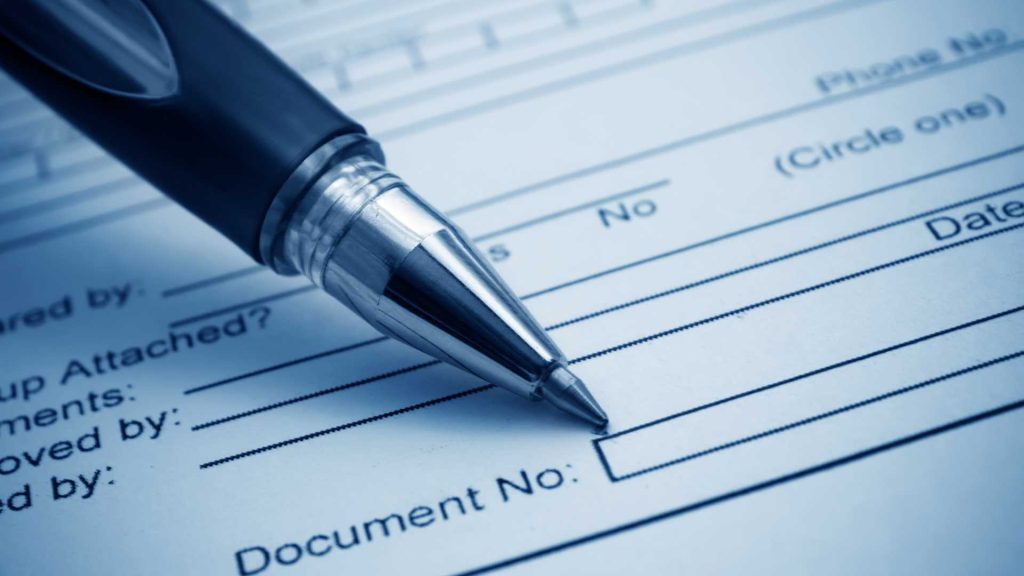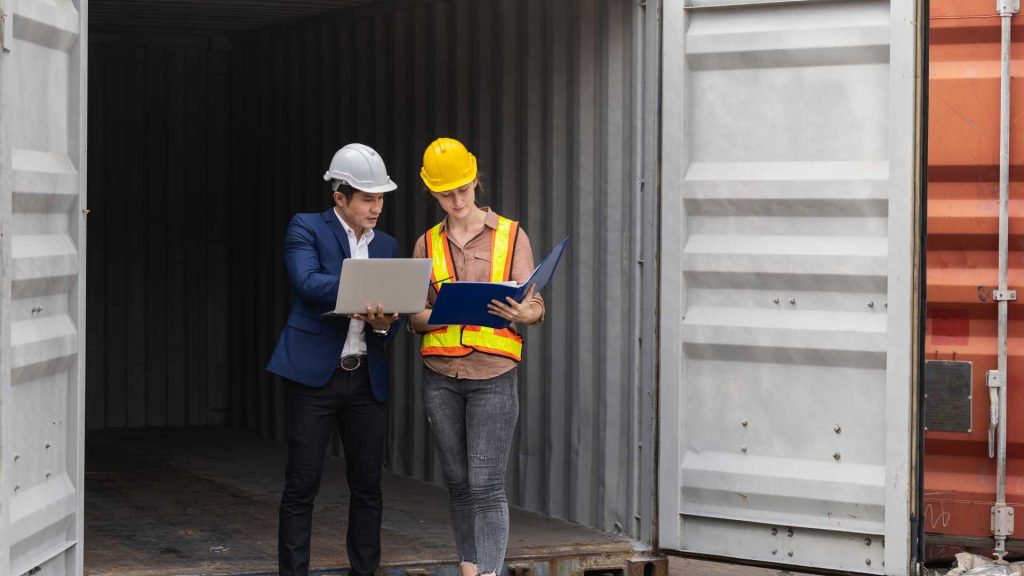We make it simple for you to process your export and import customs clearance
A customs clearance service that will make your export and import procedures easier and more efficient
Customs Clearance Service
What is Customs Clearance?
Before leaving or entering Indonesian Customs Territory, your export and import commodities will be checked and assessed by the Directorate General of Customs and Excise. This is a required procedure known as customs clearance service.
During the customs clearance procedure, the Directorate General of Customs and Excise (DJBC) will assess the completeness of your export/import documents, a sample of the commodities, and the parties involved. Furthermore, at this stage exporters/importers must pay taxes and export/import duties on their exported/imported goods.
Exporters and importers could complete the customs clearance procedure on their own or with the assistance of PPJK (Customs Clearance Management Agency). Partnership between exporters/importers and PPJK is governed by Peraturan Menteri Keuangan Nomor PER-65/PMK.04/2007 tentang Pengusaha Pengurusan Jasa Kepabeanan (PPJK).
PPJK will assist you in the Customs Clearance prior to the goods arriving at the port or airport, as well as administrative and tax arrangements until the goods are released from the port or airport. PT. Alpha Romeo Technology is a PPJK that can help you speed up and simplify your export/import process.
Why do we need Costums Clearance Process?
Customs clearance is a required procedure in international trade. This customs process serves as the entry and exit point for goods entering or leaving a country’s customs territory. Export/import goods become legal and safe to produce or market after going through this procedure.
This Customs Clearance procedure is more than just removing or entering goods from the customs area. However, it is also related to a country’s compliance with regulations set in the process of exporting/importing goods. So that your export/import goods become official and receive government protection. The following are the advantages of obeying the Customs Clearance procedure correctly.
Because they comply with applicable regulations, your export/import goods become legal to produce and distribute.
Your export/import goods become safer, and the government protects them from parties who try to manipulate them.
Businesses that follow government regulations will appear more legitimate, and boosting public trust.
The completeness of documents in Customs Clearance guarantees an efficient process and on-time delivery.

What documents are required for Customs Clearance?
For Customs Clearance, exporters/importers should prepare at least the following documents:
- Corporate Legal Documents (NIB, NPWP, IUI, etc.)
- Shipping Commercial Invoice & Packing List
- Shipment Documents (Bill of Landing or AirWay Bill)
- Import Lincesing Documents (PI, SDPPI Cerftificate, Recommendation Letter, etc)
- Brochure or Product Catalog (If needed)
- Purchase Order (If needed)

What are the constraints in Customs Clearance?
Customs clearance is a complicated process that requires the submission of numerous documents. The number of these documents is required in order to provide as much information about your export/import goods as possible. Furthermore, the phases and regulatory requirements of Customs Clearance are quite complex. So, here are some of the most common issues:
The requirements and procedures for Customs Clearance are quite complicated and complex. This makes exporters and importers hesitant to look after themselves. Not to mention the entire licensing documentation pertaining to the limitation policy.
Customs clearance must be completed at the port of loading/unloading. The owner of the goods must come directly to take care of it. Of course, this takes a significant amount of time and resources.
Exporters and importers who are unfamiliar with Customs Clearance frequently do not know who to contact at the port. This causes poor coordination and concerns when dealing with Customs Clearance.
Companies may have procedures and conditions in place that cause payments to be delayed. Meanwhile, in order to speed up Customs Clearance, you must pay for handling goods as soon as possible, warehouse rental, and loading/unloading fees.
Customs clearance at DJBC is only available during office hours. As a result, communication with multiple parties during the Customs Clearance process is hampered and delayed on weekends and holidays.
There are also goods that require licensing documents from technical agencies that must be attached when dealing with Customs Clearance. Matching the character of the goods with the HS code of the goods is required for identification. Identification errors will have an impact on the next Customs Clearance process and may even result in longer processing times.
Start Your Customs Clearance Process Right Now:
Tell us about the goods you want to export/import, and our team will get back to you as soon as possible.
Frequently Ask Question
Activities involving the entry of goods into the customs area.
Activities involving the removal of goods from the customs area
Goods to be shipped in large loads by land, sea, or air
PPJK (Pengusaha Pengurusan Jasa keuangan) or Customs Clearance Service Agency is a company that assists in the documentation or customs matters.
State tax levy imposed on imported goods for use in the customs area and also on exported goods leaving the customs area.
The Harmonized System (HS) is a list of goods classifications created systematically with the goal of facilitating the determination of tariffs, trade transactions, transportation, and statistics that have been improved over the previous classification system.
Regulation About Customs Clearance
Layanan lain kami yang serupa

Sertifikasi SDPPI/Postel PBX; SIP/IP Phone
Perangkat PBX, atau IP dibutuhkan bagi pelanggan atau pengguna yang membutuhkan percabangan dalam sambungan telepon dengan menggunakan jaringan internet. Seperti pada kantor, gedung, hotel, dan

Sertifikasi SDPPI/Postel Earphone Bluetooth
Penggunaan perangkat dengan bluetooth kini membantu masyarakat terhubung dengan perangkat tanpa kesulitan menggunakan kabel. Salah satu manfaat tersebut terdapat pada perangkat earphone bluetooth. Namun masih


